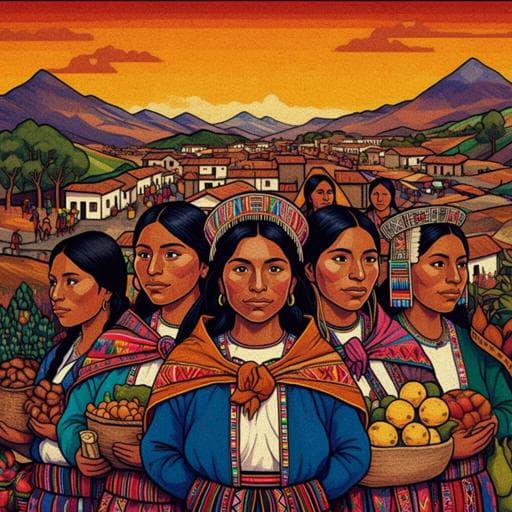
Education
The worldview and interculturality in the training of entrepreneurs: a model of participatory edu-communication in Ecuador
C. A. R. Chagna and A. I. Rodríguez
Explore how a groundbreaking Intercultural Edu-communication Model for Training Women Entrepreneurs is shaping the future in Ecuador. This research by Claudia A. Ruiz Chagna and Ana Iglesias Rodríguez delves into empowering women in rural and marginalized urban areas, addressing historical educational exclusion while promoting cultural richness and 'sumak kawsay' (Good Living).
Related Publications
Explore these studies to deepen your understanding of the subject.







